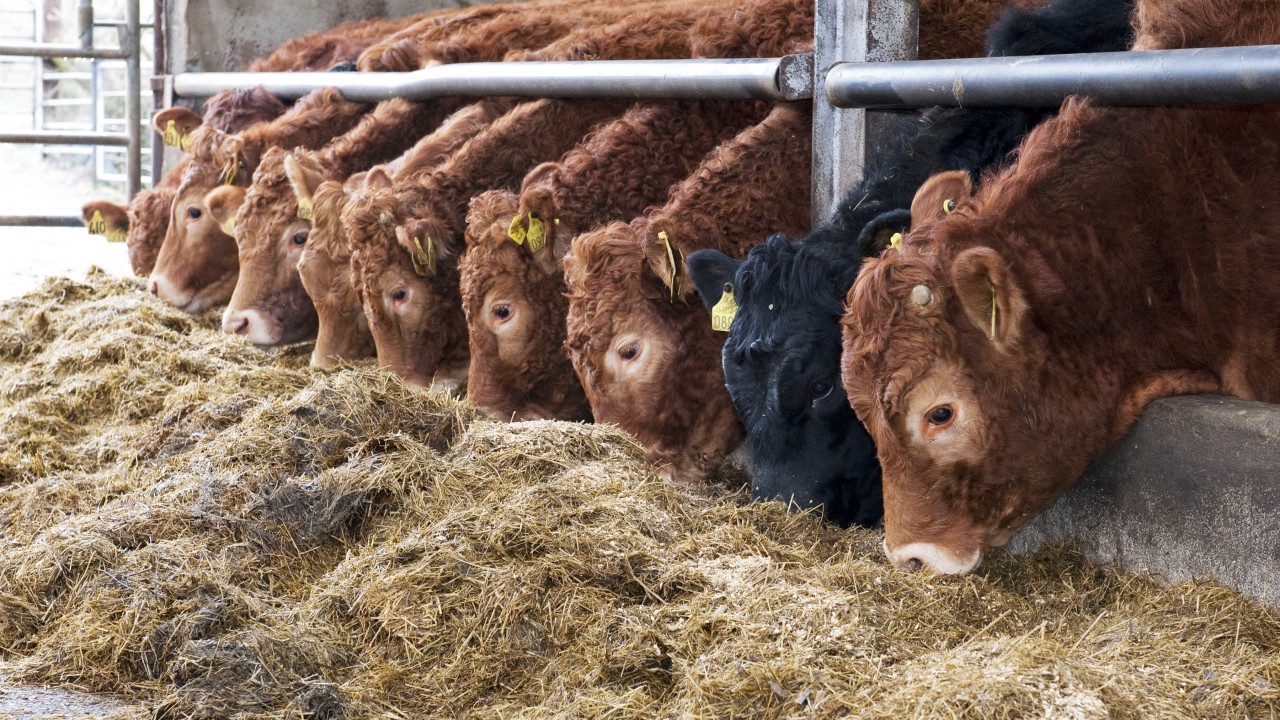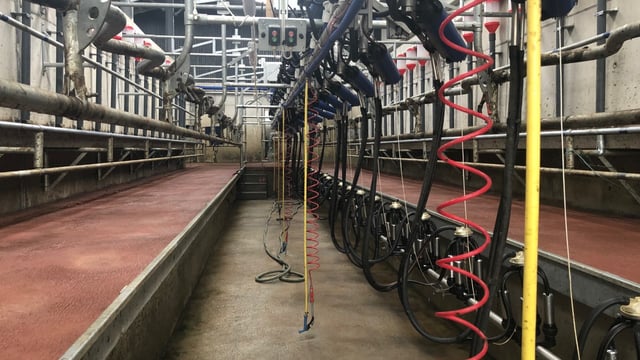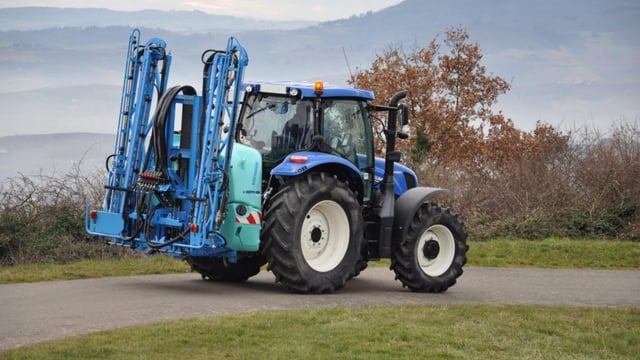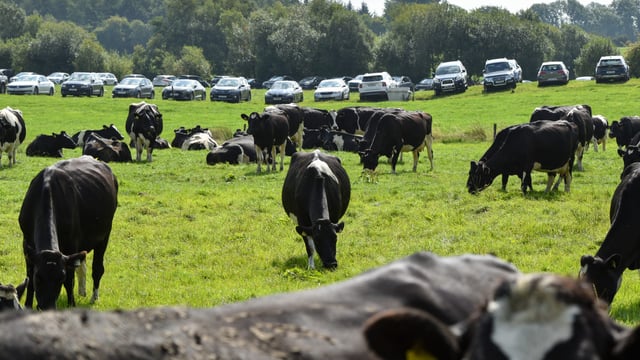FAI: What is the fodder outlook on your farm?
The Fertilizer Association of Ireland (FAI) has urged farmers to take immediate action to restore grazing and silage stock over the coming months to avoid a severe fodder shortage next winter.
A recent meeting of the National Fodder and Food Security Committee (NFFSC) heard that a stocktake showed severely depleted fodder reserves in the east and south of the country.
The FAI said that some farmers have been impacted by an extended period of above average rainfall which has led to stock being housed for longer in some areas.
Grass growth rates are back by around 25% this year, while fertiliser applications have reduced by 25-30% in 2023, compared to the previous four years.
The FAI recognised the pressure on farmers as input costs remain high while farmgate prices decline.
This has resulted in many farmers who may currently be "holding off" for a further drop in fertiliser prices.
Analysis carried out by the FAI found that even with a €100/t reduction in the cost of fertiliser for second-cut silage, and a reduced rate, there is still a higher cost per kilogram of dry matter (DM) produced owing to the average yield reduction seen on second cut compared to first cut.
The FAI said it was imperative for every farmer to take stock of soil fertility and grasp the chance to grow next winter's fodder requirements over the coming weeks.
“The association is concerned that continuous undersupply of appropriate levels of phosphorus (P), potassium (K), sulphur (S) and lime to soils already low in fertility will furthercompound the situation we find ourselves in.
"Phosphorus applications in 2022 reduced by 24% with potassium applications reducing by 26% in 2022.
"This is on top of a situation where 80% of soils already had inadequate soil fertility. High-yielding, high-quality crops of silage cannot be sustained under these conditions," Dr. Tim Shiel, FAI president, said.
The FAI urged farmers to find out how much P and K they need to apply to their fields over the season.
The association has a free app to help farmers to determine the requirement for their fields.
The group also issued the following advice in relation to replenishing fodder on your farm over the coming months:
- Where fertiliser has not been applied to date:
- Light covers on silage fields:
- Where fertiliser has been applied:
- Carry out a fodder budget:
- Second-cut silage:
- Where paddocks are damaged from early grazing:






